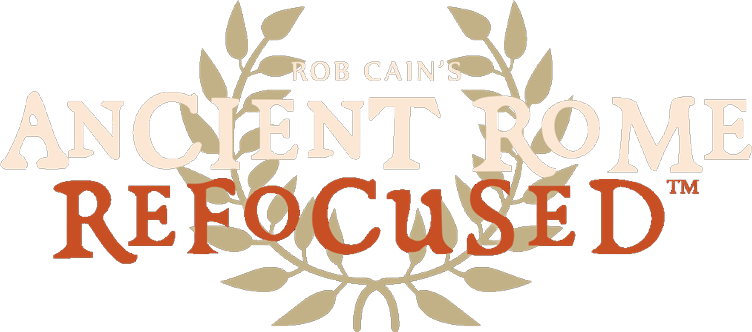Views: 10
A theater company comes to D.C. at the Bethesda Naval Hospital to perform AJAX by Sophocles.
Extract: The performance of Ajax at the Bethesda Naval Hospital was meant as an opportunity for healing. It is a ‘warrior’s story’. It is a story of the horrendous stress put upon the warrior in battle. Ajax is driven mad. He kills the cattle of the Greeks thinking he is seeking revenge against those that deny him a prize that denotes ‘honor’ (the armor of Archiles). It seems if you do something great in battle you get the armor of a fallen hero. Think of it as being denied The Medal of Honor and see it given to someone that didn’t deserve it. It’s all about Kleos, the obtaining of fame and honor in battle. He comes out of his madness and in shame commits suicide. The performance was not just a viewing for appreciation of the arts, but was to spark a conversaton in the audience. The seats were filled with Veterans, and current active duty Army, Navy, Air Force, and Marines in recovery. The seats were filled with physicians and nurses whose mission was to treat those that “that have borne the battle.” After the show, I sat listening to both men and women sharing with the audience their ‘wounds’ seen and unseen. Stage, TV and movie actors contributed their time to make AJAX come alive. Those in the audience shared how a play written in the 5th Century BCE made them reflect, and in doing so made them realize that they were not alone.
A classic Posting from 2010/09/11
INTRO: This is an excerpt from Episode Five: The 24th Shitkickers Were Never the Same after the Peloponnese. I thought it important enough to put on the blog. My previous blog crashed, so I recovered this from my files. The happened a few years ago but still interesting and still pertinent to the power and the staying power of the classics. If I get too ‘fanboy’ on the celebrities that appeared in this production, I humbly ask for your forgiveness.
(Beginning of recorded section.)
I’m visiting Washington, D.C. I’m told that Sophocles is in town. He’s at the Uniformed Services University of the Health Sciences on the same ground as the famous Bethesda Naval Hospital. He’s behind a gate guarded by Marines. Well, not the real Sophocles, but his play, his words have wound up here close to Washington, D.C.
The question is, what does Sophocles have to do with a bunch of doctors and psychologists who have gathered here in this medical theater? Well, we have been invited to the reading of the Sophocles play titled, Ajax.
It is a workday and many of the audience have left their jobs and offices to take an hour or two to listen. A reading is where actors sit at a table and say the words from the scripts that lay in front of them. This is a cheap way to put on a show, no costumes, no staging. In the audience are doctors, nurses, psychologists, psychiatrists from the university and probably from Bethesda Naval Hospital. There are many different types of uniforms; Army, Air Force, Navy, Marines, and Coast Guard. The best seats were saved for the wounded veterans, men and women without arms, legs and service members who have experienced battle firsthand. They have scars; those that can or can not be seen.
This theater is wood paneled and has approximately 300 seats and has hosted more lectures on medicine than any type of theatrial producitons. For the next few hours the actors will speak the words of the famous Greek playwright Sophocles. For the next few hours there will be words coming back across the millenia of of ancient heroes, the will of the gods and the state of man.
What is happening is unique.
“It is a painful thing
To look at your own trouble and know
That you yourself and no one else has made it”
― Sophocles, from the play Ajax
In front of me, on the stage, is a table with four or five seats. The actors are warming up for the performance to come. They seemed familiar; they should be. From left to right; Amari Cheathom, Broadway and off Broadway actor starring in a play called Book of Grace. He is a graduate of Julliard. There is Chad Coleman, star of film and television, recently shot the Green Hornet movie which will be out in December. At the table is Karen Young from the series, The Sopranos, where she plays the female FBI agent. She was recently in a Sam Shepherd play called, A Lie of the Mind. And finally we have Reed Birney, New York City actor, recently in a play called, Blasted, a very respected TV and stage actor.
Note added 2024. “This was 2010 when I saw this production. I can’t say I was familar with most of the actors. It wasn’t until years later, when I decided to post this particular article I began to realize that I had seen their work in the subsequent years.
Chad Coleman read the part of AJAX and KING AGAMEMNON. He is physically and vocally powerful. As I waited for the reading to commence Coleman would shout up to the ‘rafters’, “Athena, Daughter of Zeus!” As if he was calling her down to join everyone on the stage. As the saying goes, “An actor’s voice is their instrument.” It was like he was testing the theater for the acoustics, not caring if the audience had already taken their seats. I didn’t mind! While this was going on, I was trying to get my ZOOM digital recorder up and running.
Note added 2024. ” It was years later I was watching the sci-fi movie THE EXPANSE when I recognized Mr. Coleman. His part was a revolutionary leader in the solar system. His presence and ‘gravitas’ was perfect for the role. After reading his bio I have been bowled over by the fact, that under the extensive makeup he plays the character KLYDON on the hit TV show Star Trek rip-off THE ORVILLE. I am a big fan.
In readings, actors usually double up on the roles. Karen Young read the part of ATHENA and Ajax’s wife, TECMESSA. It was a table reading, but Ms. Young gave a powerful performance. Playing a goddess has benefits.
Note added 2024. She was on the Sopranos? Why didn’t I know this? I watched the Sopranos. It’s amazing how an actor can disappear into a role.
Reed Birney played TEUCER. A famous archer, and brother to Ajax. He is deadly accurate in his aim. Not just in the use of the bow but in his famous speech. His outrage was powerful, and his criticism on target. Upon viewing his brother’s body he says:
(Wait for it. Here’s a little Sophocles.)
Ah! Dreadful, dreadful sight!
Of all the dreadful sights I’ve beheld in my life, this is by far the worst!
And this path, my dear brother, this path that brought me here to you, of all the paths I ever took, this is by far the worst!
A rumour sped through the lines of the Greek army, my poor brother, sped fast, as if sent by the gods themselves, a horrible rumour that said you were dead.
When I heard it, back there in the field, far from here, I sighed quietly.
Ah, but now, now that I am here and I can see you with my own eyes, Ajax!
Oh, the sight of you, Ajax! This sight has broken my heart!
Note added 2024. “I am geeking out here. At the time I did not know it, but I’ve seen Reed Birney on TV and the movies. He was on the hit TV show Succession, and had a small part as a shop owner in a dystopian Hunger Games type movie called THE HUNT.
I was able to catch Mr. Coleman after the show. The following is a small exchange.
ROB CAIN: How does it feel to speak the words that have come to us over a thousand years and seeming like something that could have been written yesterday.
COLEMAN: It’s a testament to the human experience. Human behavior transcends time, obviously, the same things they experience then we are absolutely experiencing now, which is what makes Sophocles so brilliant. Can you get to the epicenter, to the core of human behavior because if you can it’s going to be relatable forever.
(End of COLEMAN Interview)
Bryan Doerries (director and translator) agreed to a small standup interview in the hallway outside the theater.
DOERRIES: I’m the founder of Theater of War and I started the project in 2008.
ROB CAIN: Did I hear you correctly that you say that you translated it?
DOERRIES: Yes. I translated the play, Ajax that was performed today, and another, Philoctetes. My background is in classics, Greek and Latin and I came to theater through classics because I love ancient plays and I came to directing through my desire to make those plays come alive and I came to the military because I wanted to find an audience for those ancient plays.
ROB CAIN: What made you decide to translate it yourself as oppose to relying on somebody else?
Doerries: There are thousands of translations of every Greek play that exits in every possible language in the Western world. Unfortunately, most of them sound like they were written in the 19th Century. I’m interested in creating a translation that speaks to the moment, and engages people with the idioms that they can related to. This is not in any slight to the orginal text. We are always reinventing the Greeks, the Italians did it in the Renaissance, our founding fathers did it as they built neoclassical architecture throughout this country. We have appropriated many things but always with our American perspective. This is a new American translation of this ancient Greek Play.
ROB CAIN: I heard the word, “affirmative.” Was that an actual word in Ancient Greek.
DOERRIES: Athena is the goddess of war. She is the highest ranking officers of all officers in all armies. And so for her to say affirmative as a word choice is actually quite natural. She is the highest ranking person in the entire Greek army. And to Odysseus, she says affirmative and many other words in the scene to continue to reinforce for Odysseus who is a high ranking officer in the Greek army that she’s in charge. I’ll also say this, you know, let’s not get hung up on what ancient Greek words would sound like in English because there’s no way to do that. A translation is a text along side another text. There is no chemical process by which you distill an ancient word into a modern word. There is no original into English, that doesn’t exist. Unfortunately, I think many people are not aware of the role of the translator in making texts vital. These are performed text. The only way for them to work is for them to sound natural and spoken and clear coming out of actor’s mouth in front of audiences. They’re not to be read, they are to be heard and so that’s the aim that I have in mind as a translator writing affirmative.
ROB CAIN: I read a book, The Last Days of Pompeii, which sounded very much 19th Century.
DORRIES: The dictionary from which most classicist work was codified the in the 19th Century, so all the translations of Greek words sound Victorian, well that’s because that’s when the dictionary was written. The Greeks sounded no more Victorian than the characters in the Hebrew bible.
ROB CAIN: In taking this performance around to different places, what has it given you personally?
DORRIES: Oh man, it’s been a dream come true. To do something that is meaningful in the theater for an audience that responds the way they do is wonderful. They respond as if the play was written for them. There is no greater gift. I have over 50 well-known actors that joined me to perform these plays over the last year and a half. I try to facilitate conversations with the Veterans and service members. I feel like it’s been kind of a Jedi knight training. I mean something that you can’t acquire unless you do it 65 times or a hundred times unless you step out and take the risk of people not talking and you try to figure out how to get them to talk. And so for me, I’ve just grown so much as a human being, as a facilitator over this last two years doing this work.
ROB CAIN: Just one more question, in looking at this ancient text, do you think people really change?
DOERRIES: I think there are elements of the human experience that have not changed for thousands of years and probably will not change and I think what Theater of War points to is the universality of the human experience of war across cultures, across time. If we had one message, it’s not a negative message that we’re repeating history, it’s a positive message which is, “You are not alone in this room, you are not alone across the country, and you are not alone across time.” I had a veteran come up to me after one of our performances and say, “Bryan that PTSD is from BC makes me feel less alone in the world.”
(End of Recording, segment from Episode Five, “The 24th Shitkickers Were Never the Same after the Peloponnese.”)
If you are interested in finding out more about Mr. Bryan Dorries, AJAX and his company THEATER OF WAR go to: Theater of War.org.
DRAMATIS PERSONAE
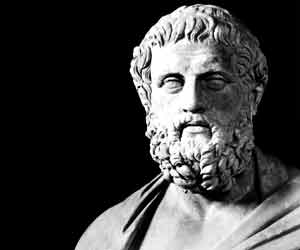


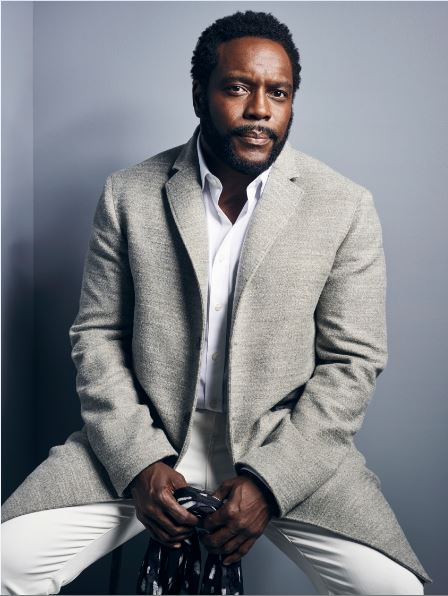
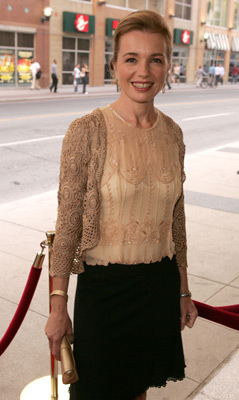

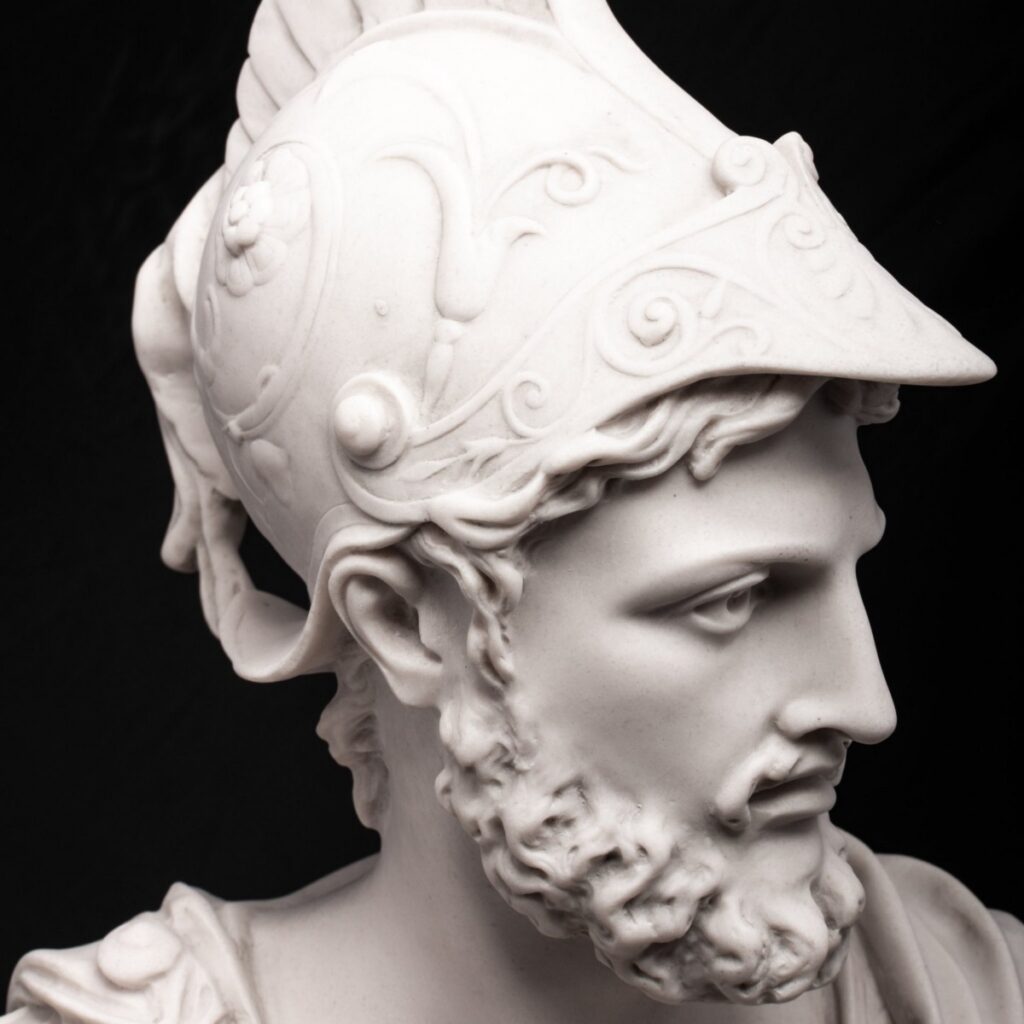


Synopsis of the play AJAX by Sophocles
It depicts Ajax’s realization of what he has done, his decision to kill himself, and his concubine’s failed attempt to dissuade him; his suicide and the discovery of his body; the debates between his half-brother Teucer and the leaders of the army over what should be done with his body.

